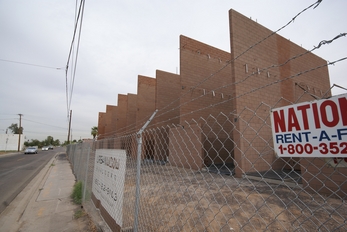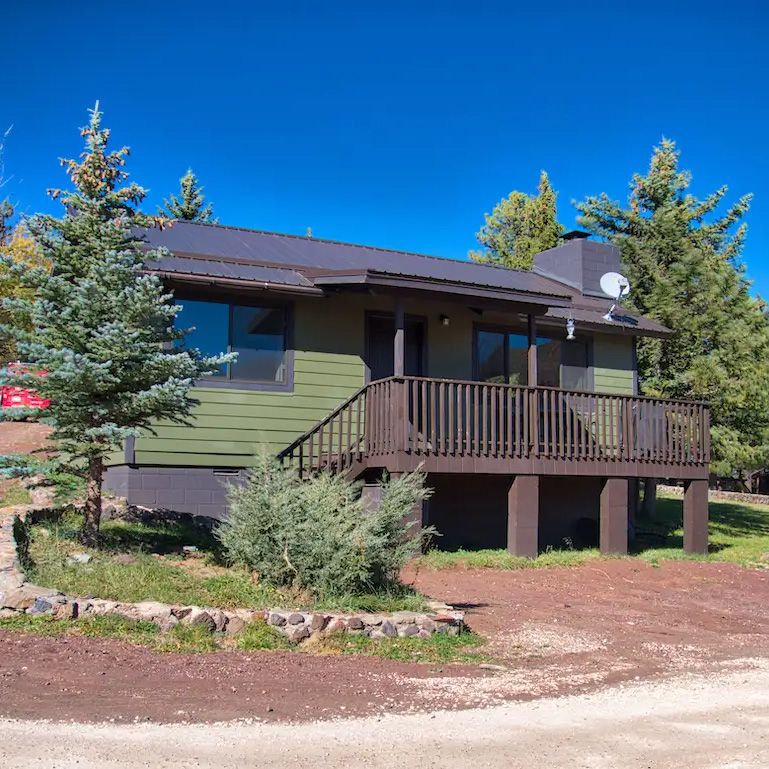Uncategorized
Gentrification
 Having exited the suburbs into the urban core of Phoenix recently, I am discovering that being closer to recognizable need and exposed issues of city life is a really good thing.
Having exited the suburbs into the urban core of Phoenix recently, I am discovering that being closer to recognizable need and exposed issues of city life is a really good thing.
One of the real issues in most US urban centers is gentrification. As I've mentioned this term in conversations with friends, more than a few have never heard the term and have been unsure of its meaning. Here's a quick definition of gentrification (in my words):
"Gentrification is the process in which lower-income residents are pushed out of areas/neighborhoods due to rising housing costs, property valuation, and/or re-development"
for a fuller understanding of Gentrification – see wikipedia's article
So gentrification works like this (using downtown Phoenix as an example):
Lower income (usually minority) families who have lived in their downtown neighborhood for years (if not generations) rent a home, condo, or duplex. These have become low-income and distressed areas of town because the middle and upper-class residents of phoenix long ago left the city center for the promise and luxury of the suburbs. While not the pretty (and certainly not the sexiest parts of Phoenix) they have become home and a part of identity for many. Recently though, in Phoenix (and many other parts of the US) there has been a re-urbanization value among young people causing them to revalue the community, diversity, and cultural advantages to urban life. Developers and city planners have long been trying to "revive" downtown Phoenix and it's finally working – people are moving back and it's once again being considered by many as a livable option in the Phoenix metropolitan area. ON a city development side – thing is great news. Though from this type of development usually means dire circumstances for those who have lived in these areas for generations. As developers enter into the scene with plans for profits, they often are willing to pay great amounts of money for plots of land not currently "maximized" in their housing value. In some cases, this means buying a few lots next to each other, demolishing the existing houses (often historic jewels of Phoenix) and building it their place modern, urban living spaces (condos, lofts, etc). These developers, having built high numbers of beautiful units, can sell them each for a high price. Happening at the same time, middle or even upper class homeowners begin to see these neighborhoods as developing and begin to buy, restore (or remodel), and either resell these homes at a high price or live in them now being valued much higher. As more and more of these types of projects happen, land and home values begin to rise, allowing landlords the option of either raising rents or selling these homes at a profit often pushing out the lower-income renter.
So with gentrification, there two things happening:
1.) low-income, often crime-ridden parts of a city are redeveloping, beutifying, and rebirthing
2.) low-income families and individuals are being pushed out of the neighborhoods they identify with, have grown up in, and have existing social structures within.
This creates a paradox for people like me who want to see his city develop, but to develop in a way that cares for and gives place for the low-income and working poor communities who call downtown home.
Without having a clear answer to this paradox, what is clear to me is that we need to advocate responsible (re)development of our urban cores. Just as we give pause to development that causes irreparable harm to wildlife, we should too give pause to urban redevelopment that pushes out those who have found their identity and home within these neighborhoods. Maybe it is idealistic to think that we can do both well – redevelopment with low-income housing as a part, but raising the white flag of defeat because we can't come up with creative possibilities doesn't sit right with me either.
My friend and Foundarts partner-in-crime, Jamie, sent me the following article a few months back.
This article offers creative approach and ideology to the issue of gentrifcation. As a person of faith, it's even suggests a theological lense with which to see this issue through. It is thought-provoking for sure and at the very least offers hope that we can indeed come up with creative and imaginative ways to view the real and deserate issues our cities face.
What do you think?
zacknewsome.com - © 2022 - All Rights Reserved | site by VAUX digital
